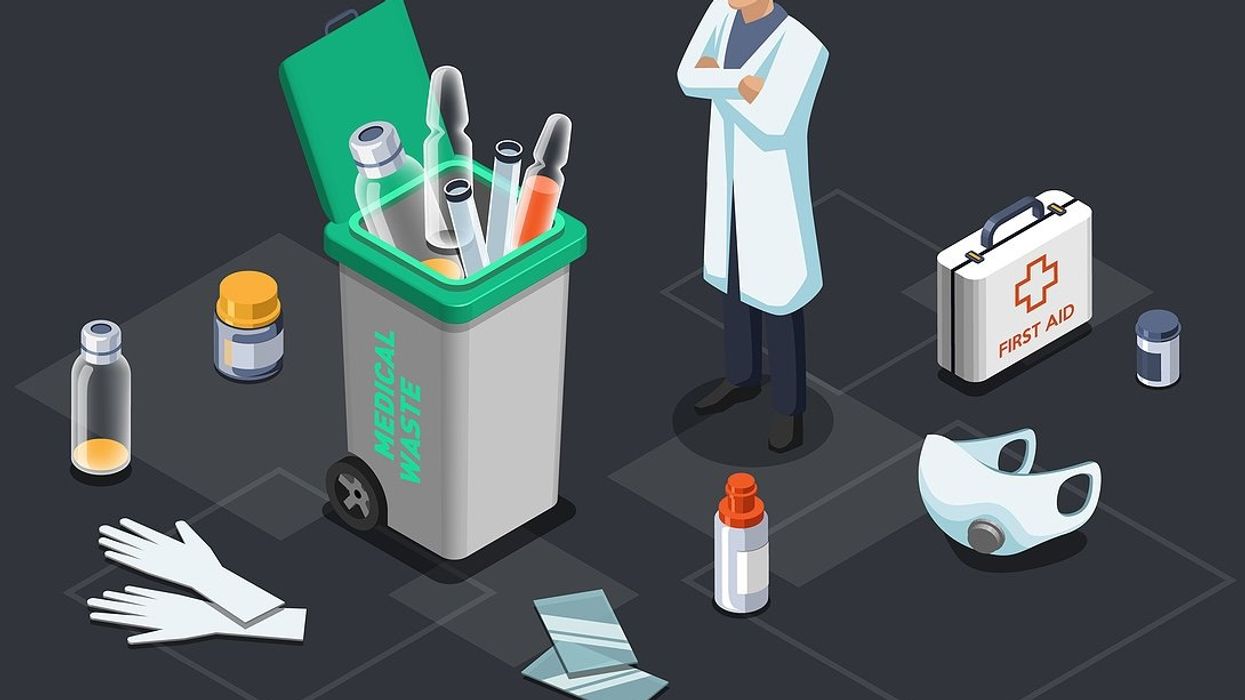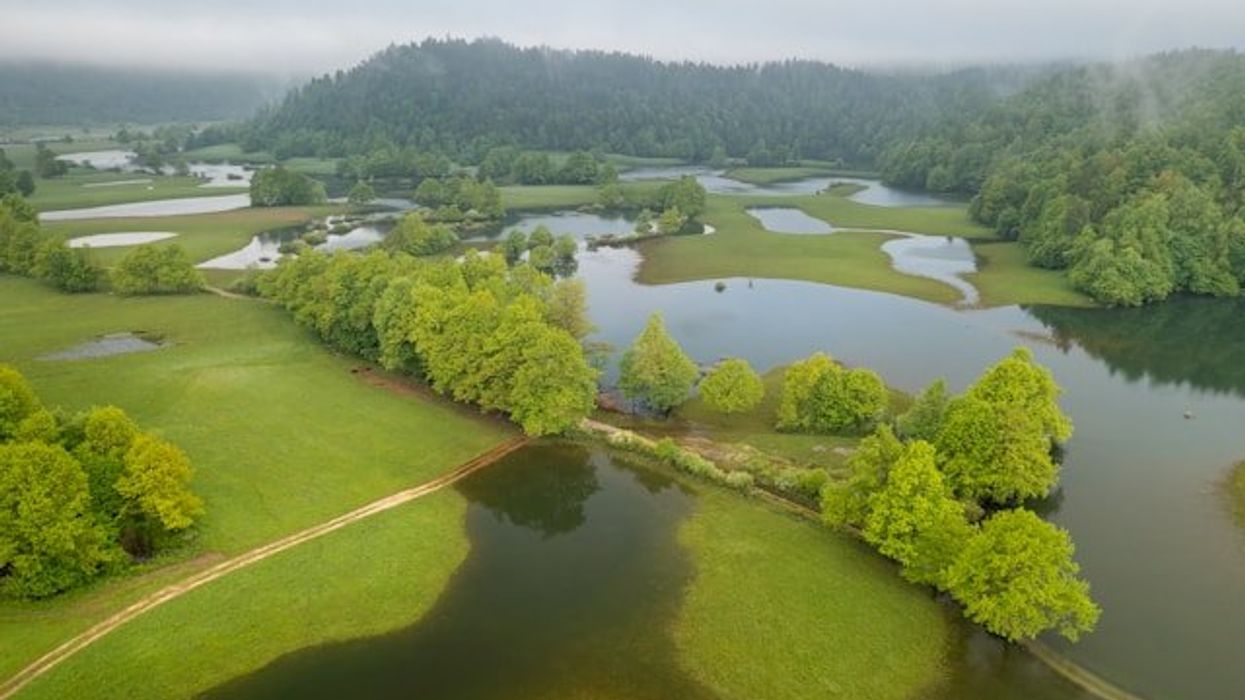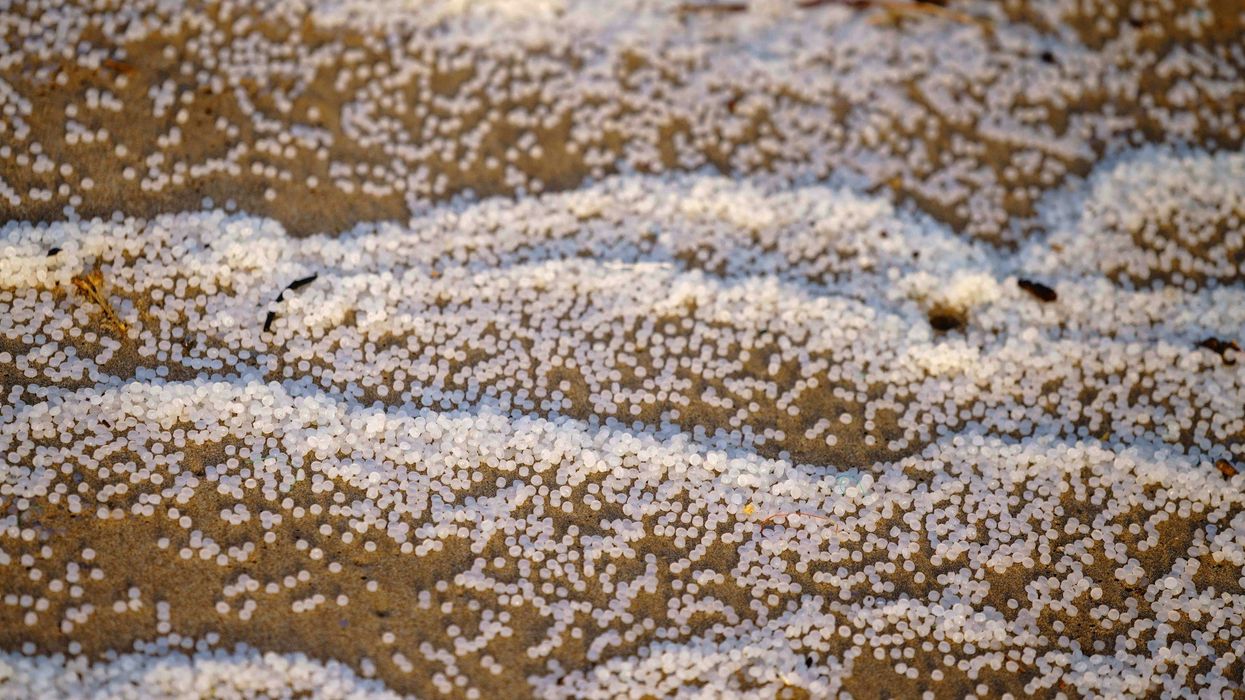Researchers at the University of Waterloo have developed genetically modified bacteria designed to biodegrade microplastics in wastewater, but experts warn the approach may face significant hurdles before becoming a viable environmental solution.
Desmond Brown reports for CBC News.
In short:
- The team introduced genetic material into bacteria to enhance their ability to break down polyethylene terephthalate (PET), a plastic used in products like food containers and clothing.
- In lab tests, the bacteria degraded 50% of a PET sample in four days, but the engineered bacteria are not yet ready for use outside controlled environments.
- Environmental advocates caution against over-reliance on technological fixes, emphasizing the need to reduce overall plastic production.
Key quote:
“There’s more work to be done to make this a lot more effective, but eventually the breakdown product will be essentially just like a sugar for the organism to eat.”
— Marc Aucoin, professor at the University of Waterloo's chemical engineering department
Why this matters:
Microplastics have been found in water, food and even human arteries, raising concerns about their impact on health and ecosystems. Solutions at wastewater facilities could limit microplastic spread, but prevention remains crucial to address the growing plastic pollution crisis.
Read more: Microplastics and pollution combine to become much more toxic: Study















